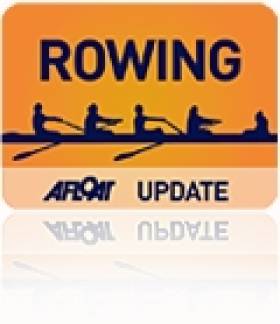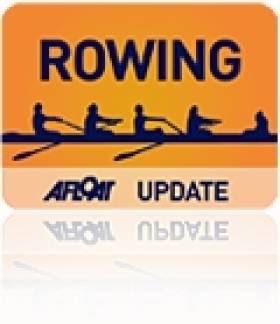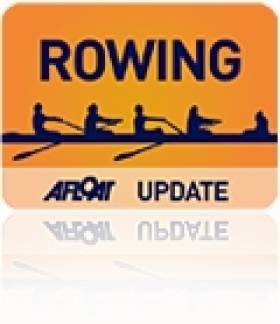Displaying items by tag: Cavanagh
Battleborn Reaches Shore In Hawaii in Great Pacific Race
#ROWING: Battleborn, skippered by Irishman Philip Cavanagh, has landed in Hawaii, completing the Great Pacific Race from Monterey in California in 45 days, seven hours and 24 minutes. The crew of Cavanagh, Britons Barry Hayes and Darren Taylor and Australian Dan Kierath were the second home in the race. Their boat, Patience, flew the Irish flag. They arrived in the early hours of the morning, Irish time. Among those waiting on shore were Philip’s parents, Carmel and Michael Cavanagh.
Irish Boat Disputes Lead in Pacific Rowing Race
#OCEAN ROWING: Battleborn, the crew skippered by Irishman Philip Cavanagh and carrying the Irish flag, has been disputing the lead in the Great Pacific rowing race. The crew lay second this morning to Uniting Nations in the race from Monterey in California to Hawaii which is in its seventh day. Battleborn has covered more miles than Uniting Nations but has been heading south of the direct line. According to the organziers Battleborn reported that they may look like they’re going off course “but there will be a strategy … avoiding the rough stuff and catching the handy trade winds.”
Cavanagh’s crew is completed by a Welshman, Barry Hayes, an Englishman, Darren Taylor, and an Australian, Dan Kierath.
Irishman Prepares For Pacific Rowing Race
#OceanRowing: Irishman Philip Cavanagh is set to compete in the Great Pacific rowing race from Monterey in California to Honolulu in Hawaii next summer. Cavanagh is putting together a four-person team, which will be called Battleborn. Barry Hayes from Wales and Englishman Howard Wagstaff are already signed up. None of the three had been rowers prior to committing to this project.
The race, which the organisers hope to run every two years, covers approximately 2,100 nautical miles (2,400 miles; 3,890 kilometres) and there will be trophies for the fastest four, pair and single to complete the journey. Nineteen crews (seven fours, six singles and six pairs) intend to compete.
































































